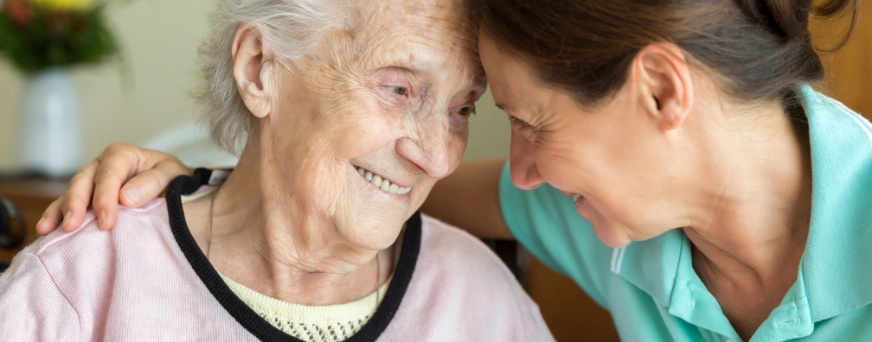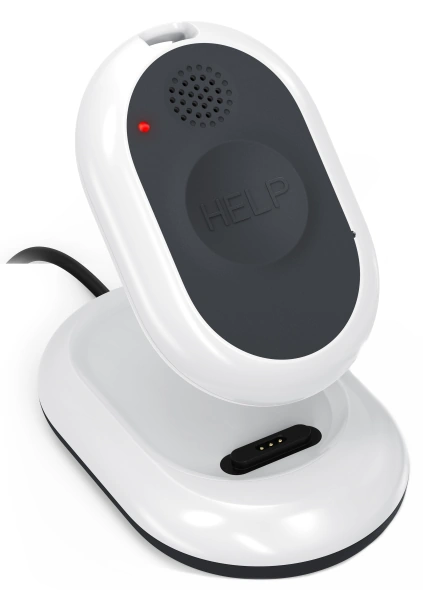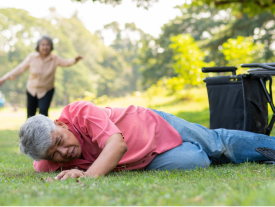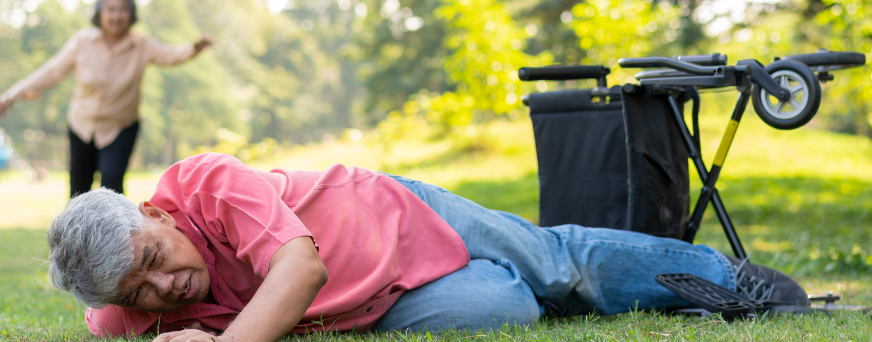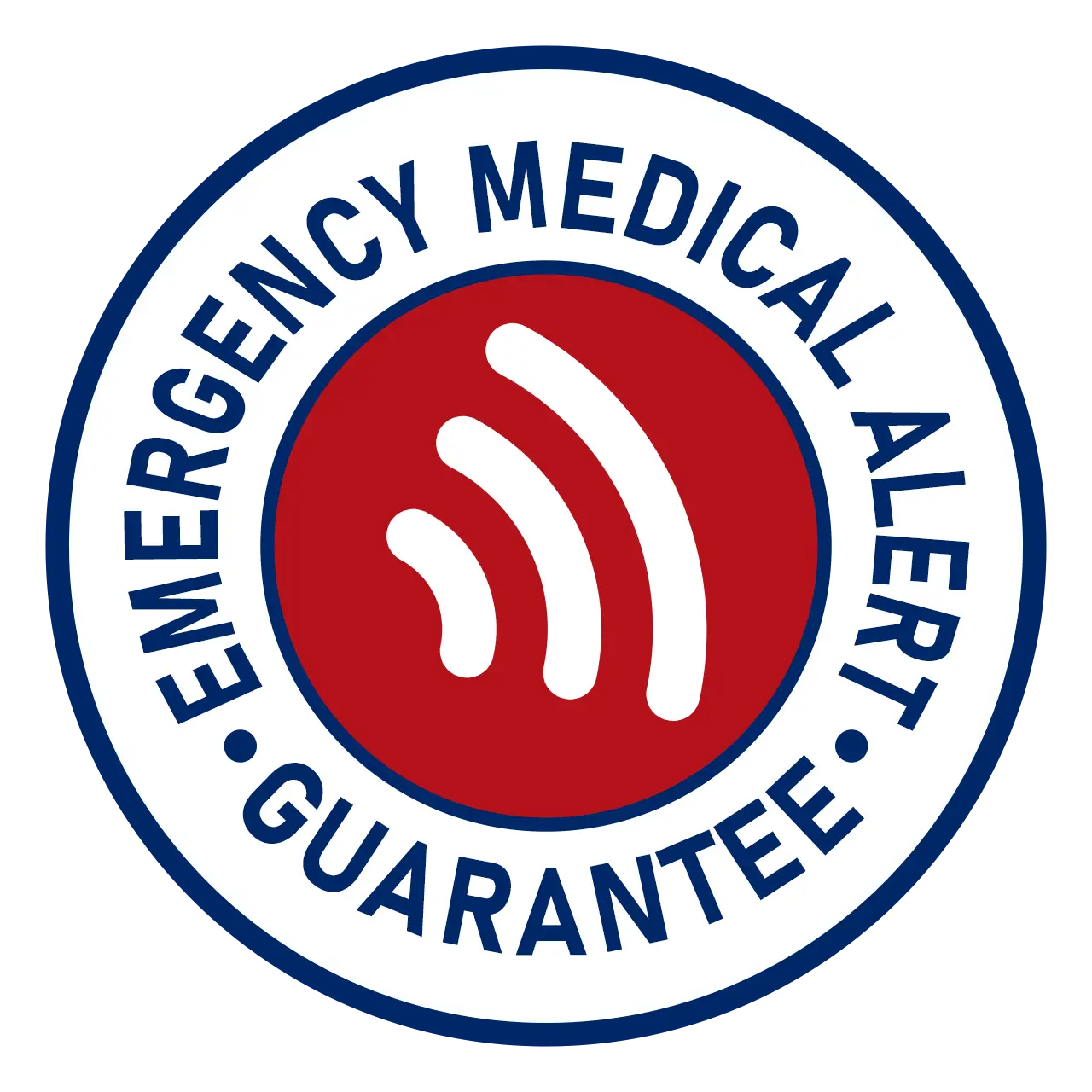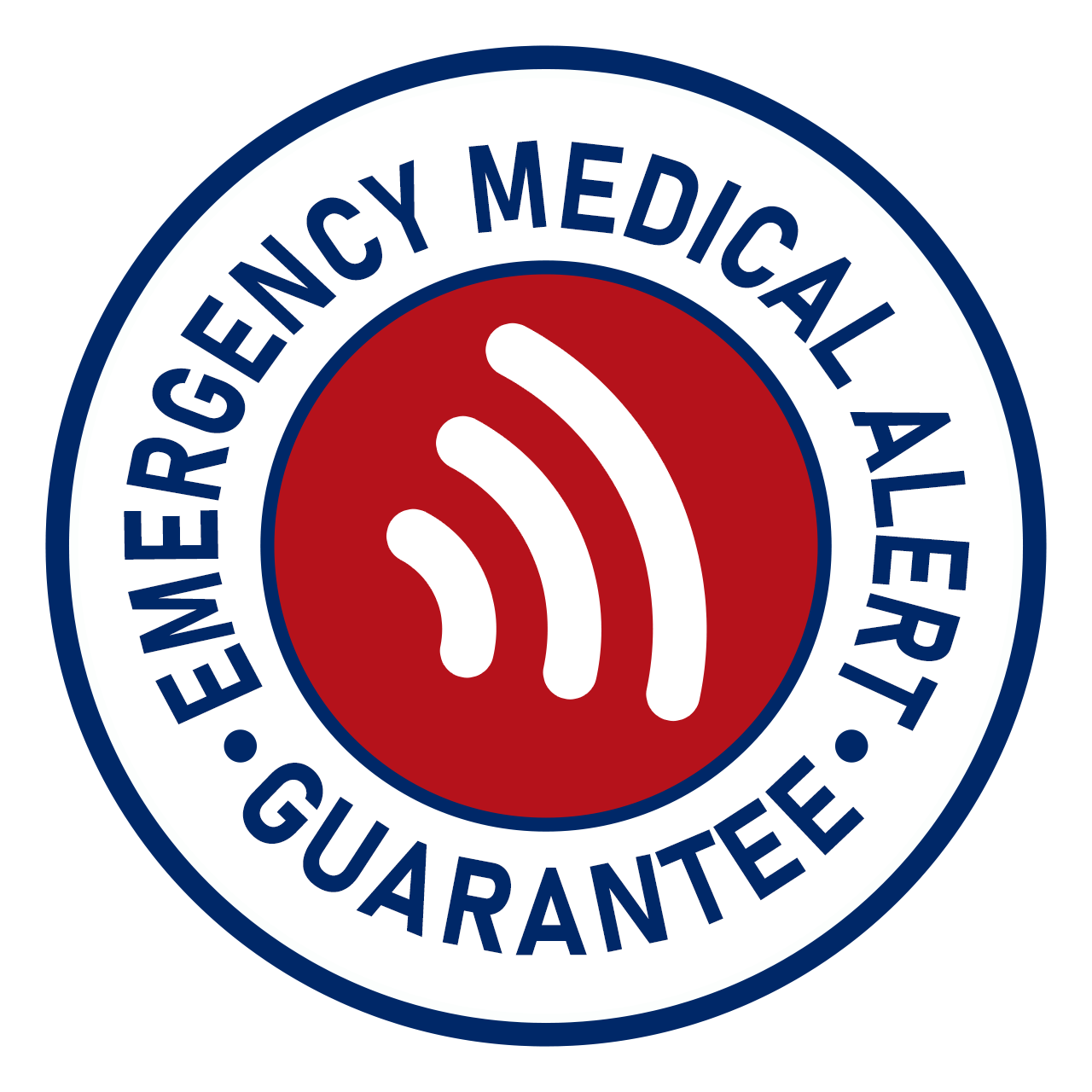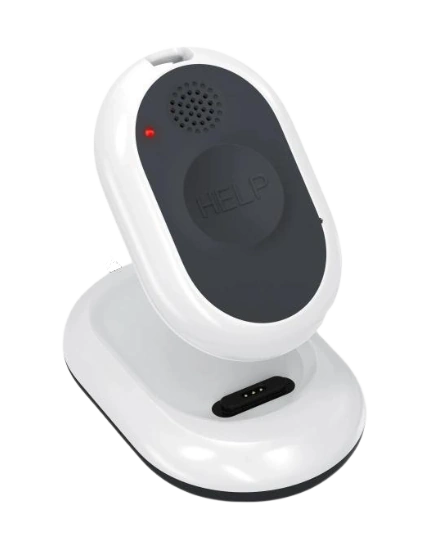Compassionate Dementia Care: A Guide For Seniors And Their Families
With the growing number of seniors in the United States, the demand for effective dementia care is more pressing than ever. Navigating senior dementia care can be challenging for everyone, but it's necessary for the well-being of those affected. If you have someone in your life affected by this condition, it’s important to educate yourself about dementia’s signs, symptoms, care options, and how to create a supportive environment. Learn the ins and outs of compassionate dementia care to treat the seniors in your life with care and dignity.
What Is Dementia?
Dementia encompasses a range of symptoms that significantly impair memory, thinking, and social abilities, disrupting daily life. Rather than a single disease, it results from brain cell damage that hinders communication between cells, leading to cognitive decline.
Alzheimer's disease is the most prevalent form of dementia, responsible for 60% to 80% of cases, and is marked by memory loss and behavioral changes. Vascular dementia, often following strokes, is the second most common type, arising from reduced blood flow to the brain. Other forms, like Lewy body and frontotemporal dementia, present distinct symptoms and challenges.
Identifying the specific type of dementia helps a lot in tailoring care and management strategies. Early diagnosis can enhance symptom management and improve life quality for seniors and their families.
Recognizing The Signs And Symptoms Of Dementia

Spotting dementia early can make a big difference in care and planning, allowing for earlier intervention and better outcomes. Initially, you might notice subtle changes, such as difficulty recalling recent events or conversations, which can often be mistaken for normal aging. However, as the condition progresses, these memory issues become more pronounced, potentially leading to repetitive questioning and misplaced items. Eventually, challenges in completing familiar tasks, such as following a recipe or managing finances, may arise. Seniors may also experience confusion about time and place, such as losing track of dates or forgetting where they are.
Behavioral changes are another important indicator. Seniors might exhibit mood swings, increased irritability, or withdrawal from social activities they once enjoyed. Changes in judgment or decision-making, such as poor financial decisions or neglecting personal hygiene, can also signal the onset of dementia. If you observe these symptoms in a loved one, it is highly recommended you consult a healthcare professional promptly. Early detection not only aids in slowing the progression of the disease through timely intervention but also allows families to plan and access necessary support systems to improve the quality of life for everyone involved.
Senior Dementia Care: Options And Approaches
Choosing the right care for a senior with dementia can significantly improve their condition and quality of life. There may be several available options, each catering to different needs and preferences. See what each of these approaches has to offer to better find the best approach for your loved ones.
In-Home Care
In-home care offers a flexible and personalized approach to senior dementia care, allowing individuals to remain in the comfort of their own homes. This option is particularly beneficial for seniors who thrive in familiar settings and need a more individualized care plan. Caregivers can tailor their services to meet the specific needs of the senior, providing assistance with daily activities such as bathing, dressing, and mobility. This type of care can also include specialized services like physical therapy, cognitive exercises, and companionship, all necessary for maintaining mental and emotional well-being.
Assisted Living Facilities
Assisted living facilities provide a supportive environment where seniors with dementia can receive the care they need while maintaining a level of independence. These facilities are designed to offer a balance between assistance and autonomy, ensuring that residents can enjoy a fulfilling lifestyle. With trained staff available around the clock, seniors receive help with daily activities such as medication management, meal preparation, and personal care. Assisted living facilities often feature specialized programs that focus on cognitive stimulation and social engagement, helping to maintain mental health and delaying the progression of dementia symptoms. The community setting also fosters social interaction, reducing feelings of isolation and promoting a sense of belonging among residents.
Specialized Dementia Care Facilities
Specialized dementia care facilities offer an environment conducive to the needs of individuals with dementia. These facilities provide a higher level of care compared to traditional assisted living, with staff trained in dementia care techniques and an emphasis on creating a safe, structured environment. Residents benefit from programs designed to enhance cognitive function and emotional well-being, including memory therapy and sensory activities. The secure setting of these facilities helps prevent wandering and ensures residents' safety, while also allowing them to engage in meaningful activities that promote social interaction and reduce feelings of isolation.
Creating A Dementia-Friendly Environment
It’s necessary to adapt the home to support seniors with dementia. Safety, accessibility, and comfort are key. Simple changes like installing grab bars, removing tripping hazards, and using clear signage can make a significant impact. Familiar surroundings and a consistent routine help reduce confusion and anxiety, so keeping changes unobtrusive can be a help during the transition.
Supporting Seniors With Dementia: Tips For Caregivers

Caregivers can help support seniors with dementia through a number of techniques. Effective communication involves using simple language, maintaining eye contact, and being patient. Managing challenging behaviors with empathy is also important, as is not talking down to them when frustrated. Encouraging activities like music therapy or gentle exercise can promote well-being and enhance care, helping seniors to feel more fulfilled and have more fun.
Resources For Senior Dementia Care
Many resources are available to help families and caregivers. National organizations like the Alzheimer's Association and the National Institute on Aging provide valuable information and support. Local support groups and adult day care centers offer additional assistance to those who need it. Exploring these resources can guide families through the dementia care journey.
Conclusion
Planning for senior dementia care is essential for the well-being of seniors and their families. By recognizing dementia signs, exploring care options, and creating a supportive environment, families can provide compassionate care to their loved one. Utilizing resources and seeking support can help caregivers navigate the challenges of dementia care, ultimately enhancing the quality of life for those affected.

